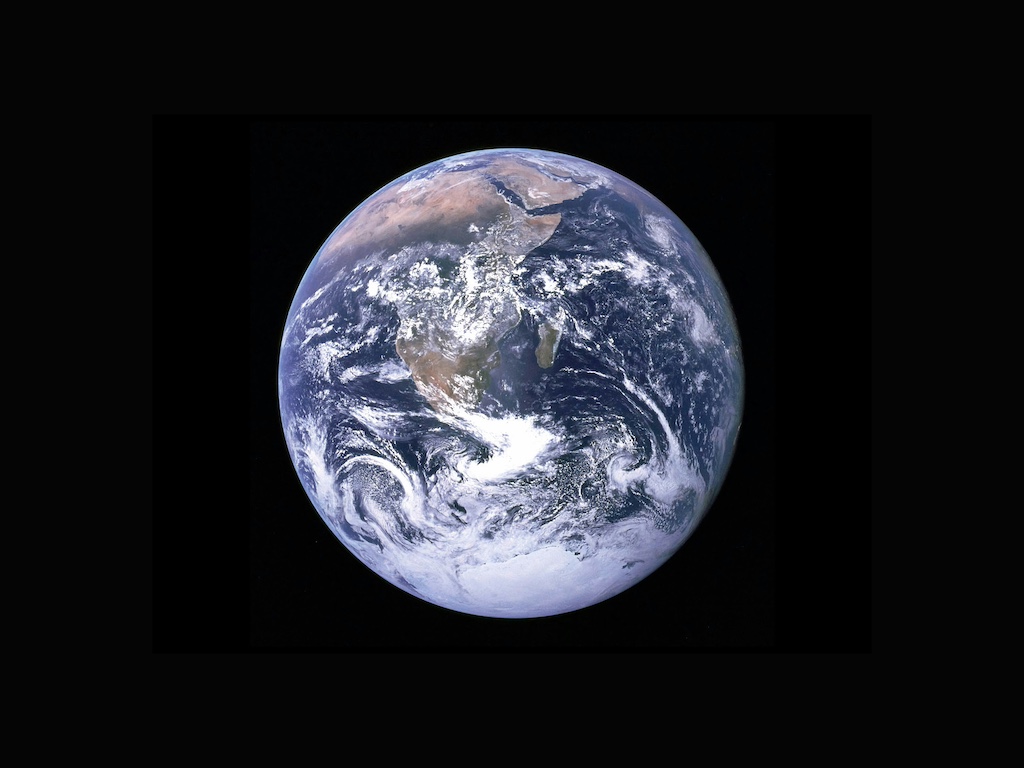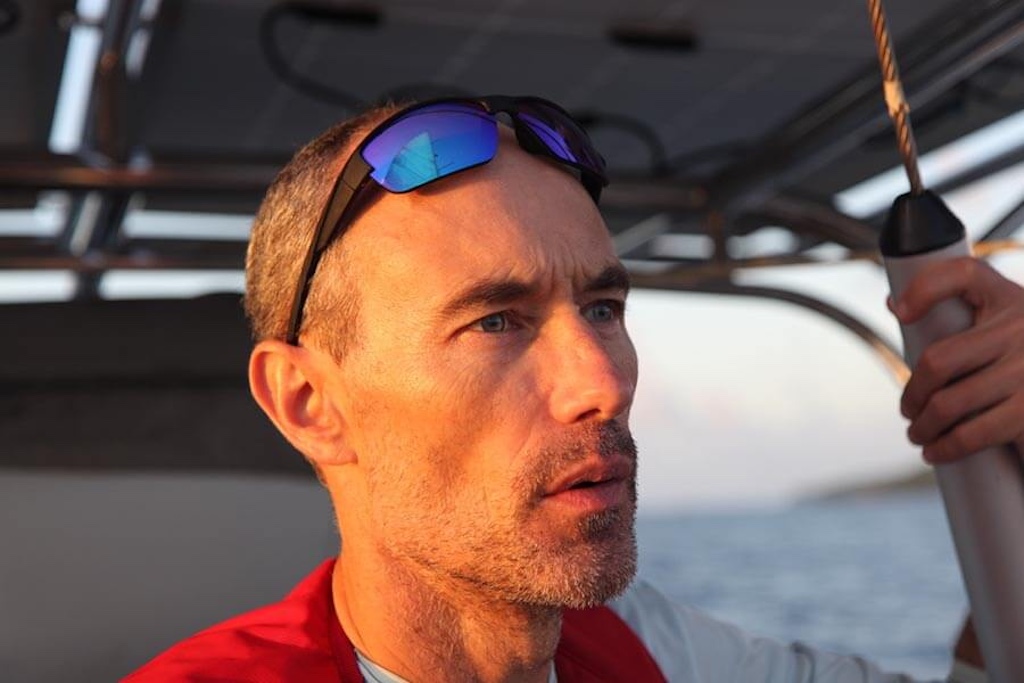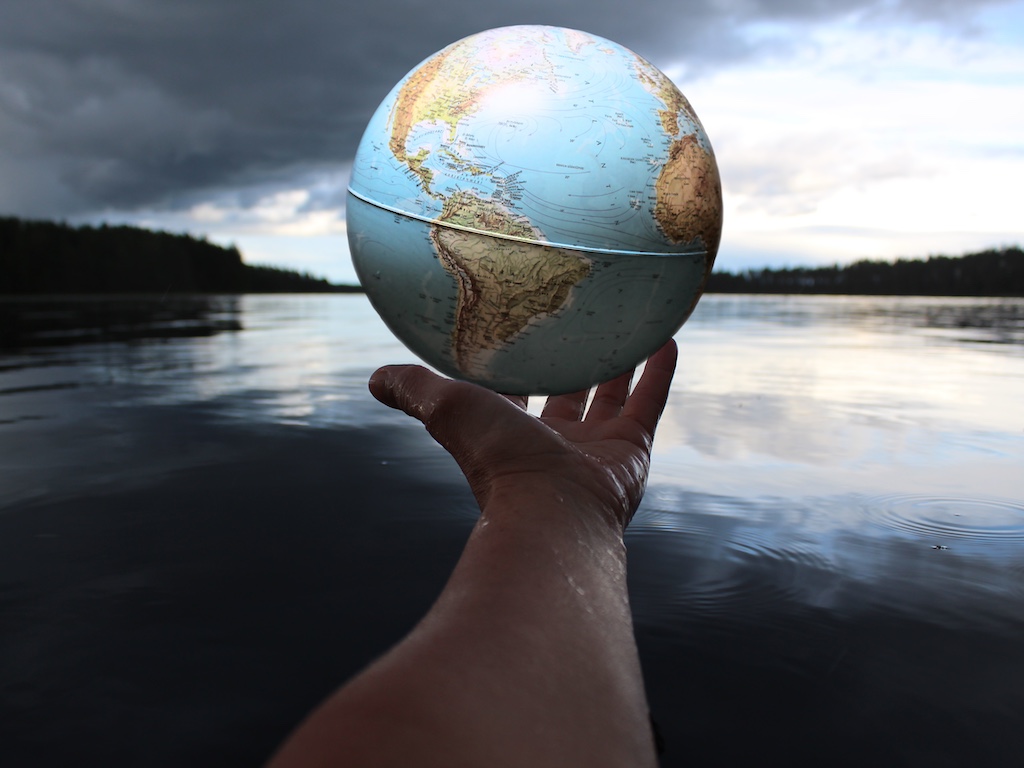Human Evolution Must Adapt to Save Earth & Save Ourselves, Scientists Say
4 Mins Read
Humans have evolved to extract from the planet to survive. But now, humans have reached a tipping point and our evolutionary pathway must change to prevent climate disaster.
In a new analysis, scientists at the University of Maine highlighted the urgent need for human evolution to change direction to prevent climate disaster. Over the years, humans have survived and evolved by extracting resources from the planet and “dominate the biosphere” but these cultural features “may stop our species from resolving global environmental problems like climate change”.
Led by evolutionary biologist and associate professor at UMaine Tim Waring, the team set out to explore the process of cultural adaptation to the environment and its impact on the issue of the climate. What the researchers found was described as “counterintuitive”.
The paper, published in the journal Philosophical Transactions of the Royal Society B., traced human evolution over the last 100,000 years. Scientists found one common pattern, that human groups continued to expand their use of resources at greater intensity and scale over time—at the detriment of the planet.

Exploiting the planet for human advancement
The reason why humans prioritised the extraction of resources from Earth was because of its cultural value. It allowed humans to develop social systems and modern technology, such as agriculture, fishing, irrigation and energy.
“Human evolution is mostly driven by cultural change, which is faster than genetic evolution,” explained Waring. “That greater speed of adaptation has made it possible for humans to colonise all habitable land worldwide.”
Waring and his team also said that this process of human evolution was fuelled by a positive feedback loop. With greater numbers, the human population was able to scale and accumulate their cultural traits at record speed, thereby draining the planet of its resources at increasingly unsustainable rates.
“For the last 100,000 years, this has been good news for our species as a whole…but this expansion has depended on large amounts of available resources and space,” said Waring.
Evolution put our own safety in jeopardy
Fast forward to today, the team at UMaine says that human evolution has led us to test the physical limits of the biosphere.
One of the most destructive technologies humans have evolved to create was the industrial use of fossil fuels, which is now putting humanity itself in jeopardy due to its enormous climate and health impacts.

What’s more is that human evolution tends not to create sustainable systems until it’s far too late. Drawing from examples where certain groups have managed to create sustainable human systems, Waring and his team said that these systems only emerge when a group fails to maintain their resources in the first place.
In addition, environmental protection only seems to arise within societies, rather than between different groups. This is another hurdle in the case of climate change, which is a global issue that transcends borders and will require cross-regional cooperation.
Solving climate change
According to the researchers, the only way out now is to change the path of our evolution. Instead of focusing on authority within groups, solutions must be forged between societies and economic systems to involve the whole planet.
“One problem is that we don’t have a coordinated global society which could implement these systems. We only have sub-global groups, which probably won’t suffice. But you can imagine cooperative treaties to address these shared challenges,” concluded Waring.

The team says the more complex hurdle for human evolution is to prevent “global human dieback” due to direct conflict as a result of resource competition.
“Global challenges like climate change are much harder to solve than previously considered. It’s not just that they are the hardest thing our species has ever done. They absolutely are. The bigger problem is that central features in human evolution are likely working against our ability to solve them. To solve global collective challenges we have to swim upstream,” explained Waring.
Hope lies in global cooperative governance
The paper’s authors believe that their findings lead to several policy recommendations. Firstly, efforts must be focused on forging peaceful and mutual “self-limitation” policies. These may come in the form of market regulation and binding treaties.
There also needs to be a range of bold international environmental policies to evoke action on a global scale, with the Montreal Protocol being a leading example of success when it comes to putting an end to ozone-depleting HFCs. Another instance where humanity has succeeded in protecting the environment is in the case of whaling, where global treaties have placed strict limits.
Waring additionally called for further research, as we have barely scratched the surface of what is described as humanity’s “evolutionary trap”.
“We don’t have any solutions…as we barely understand the problem,” he shared. “If our conclusions are even close to being correct, we need to study this much more carefully.”




